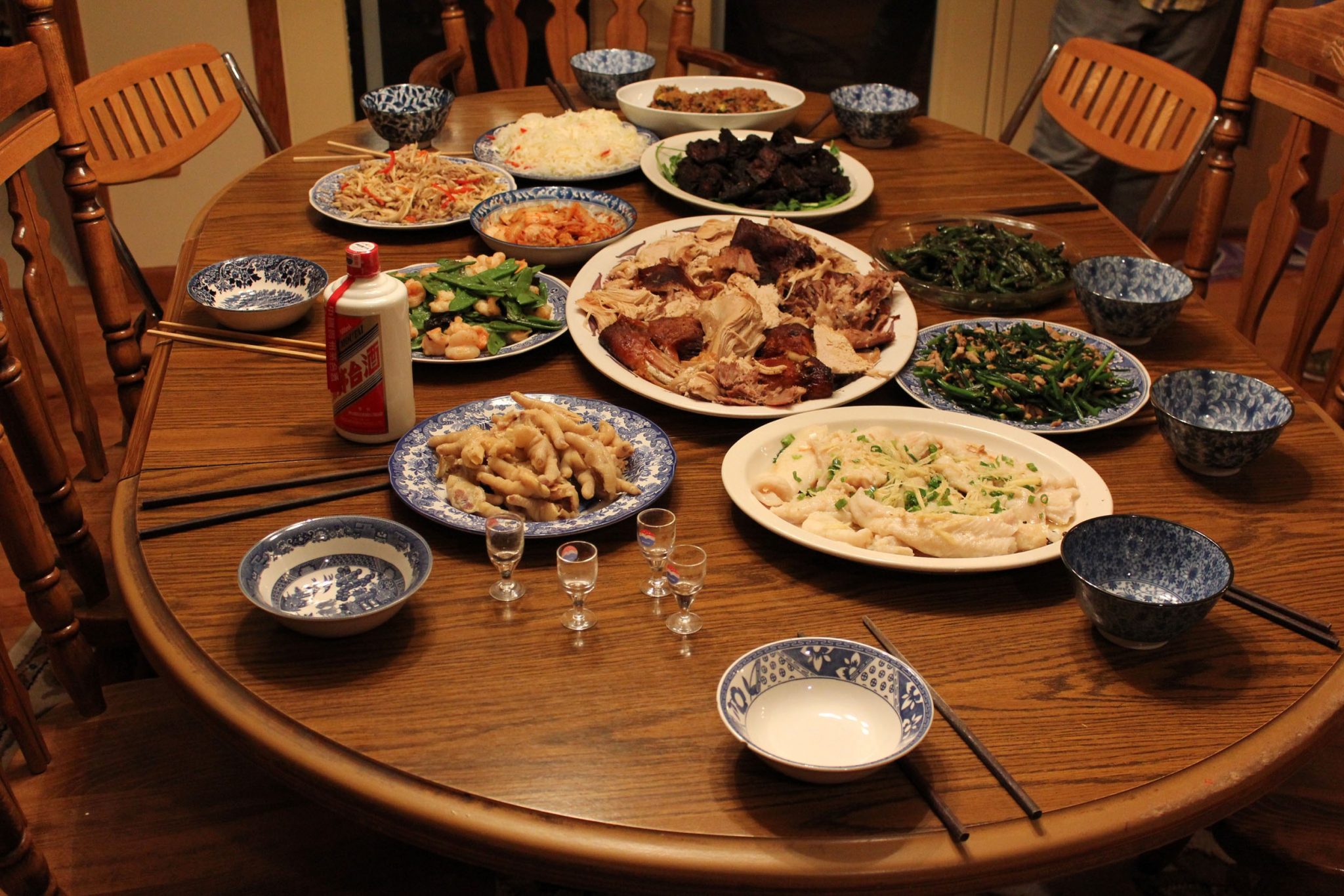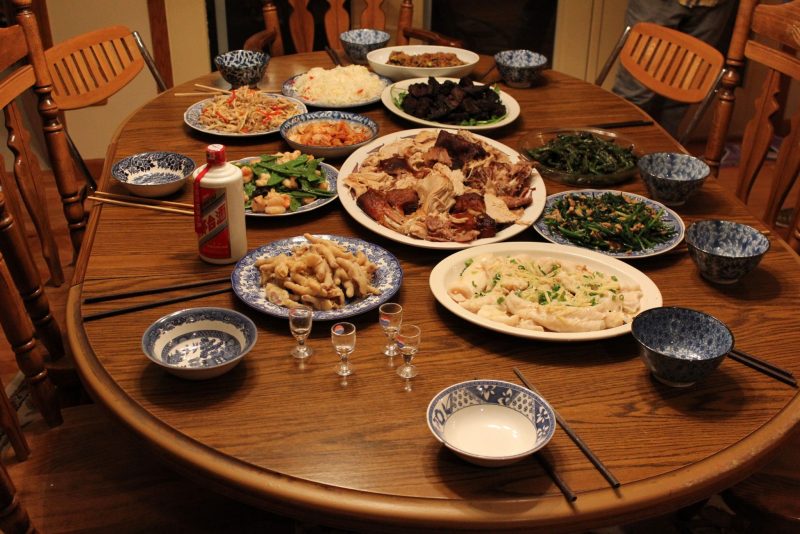The effects of 2000’s diet culture lingers today


Almost every magazine cover in the 2000s showed thin models with bold fonts cheering on the next fad diet that will guarantee the fastest way to lose weight. How to get a celebrity body, the perfect beach body and the revenge body.
Diet culture had women tangled in its fingers. A notable and notorious force was the evolution of Weight Watchers and their points plan that allocated a number of points to certain foods, followed by a points allowance.
“Nothing tastes as good as skinny feels.” An unfortunately memorable statement from Kate Moss that became an anthem for many.
Reality TV had viewers in a trance by mixing harmful messages with drama filled episodes. Keeping up with the Kardashians drew in fans and critics who all most notably labeled Khloe the “fat sister”. Tyra Banks’ America’s Next Top Model was fueled by negative body statements critiquing, bashing and humiliating hopeful models during the elimination process.
The obsession with being skinny was flaunted by the fashion era of low rise jeans paired with baby tees. Clothing stores like Abercrombie or Victoria’s Secret had photographs of unrealistically thin women hanging from their front windows and scattered throughout their stores.
Every aspect of life was impacted by diet culture. Exercise was seen as a way of discipline, to burn off calories and to earn a treat. Self-deprecating talk was normalized as a way to train your brain into eating less. The scale was the enemy in every bathroom but was stood on every morning and evening.
Many diets today replicate weight loss methods but put them under a different name. Keto, Paleo, and Whole30 restricts foods of certain categories like carbs, fats and sugars. In addition, they promote unsustainable ways of eating and weight loss. When these diets fail, users turn back to old habits which create a new cycle of shame and resolutions to make another diet work.
The constant viewing of obviously underweight models, restrictive eating habits, “heroin chic”, and many other techniques used to attack people for their bodies ensured that those who grew up during diet culture were raised by those practicing it. As such, it was a prevalent culture.
The simple fact that dieting became a culture is in itself problematic. Cultures have influence over aspects of lives like the norms, beliefs and values. The environment diet culture created idolized being a size zero – equivocating thinness with health, worth and morals. It put a halo on thinness. It weaponized health.
The effects of diet culture have been long lasting, and potentially irreversible. Even with body positivity, eating disorder awareness and mental health initiatives becoming a focus.
The nitpicking of foods, the shameful comments and the bodies people looked up to and worshiped in the 2000s translates to parenting behaviors. Negative self-talk parents display in front of their children, especially in developmental stages like the teenage years, has a ripple effect. This creates unhealthy eating patterns and disordered eating while the norms and values trickle down to the next generation despite how hard we try to eliminate it.


